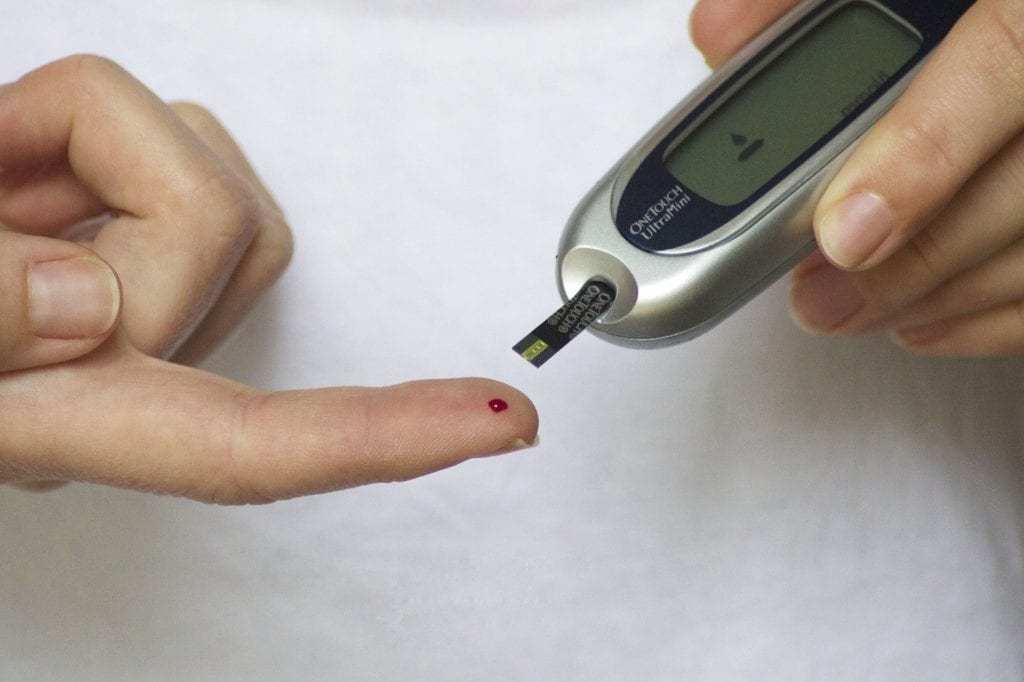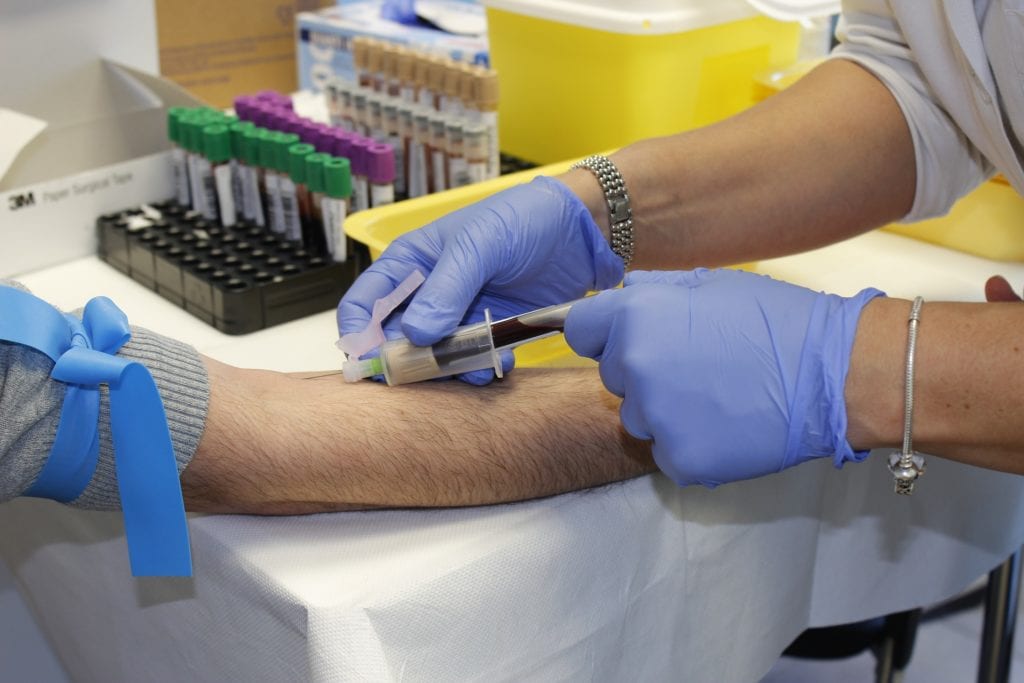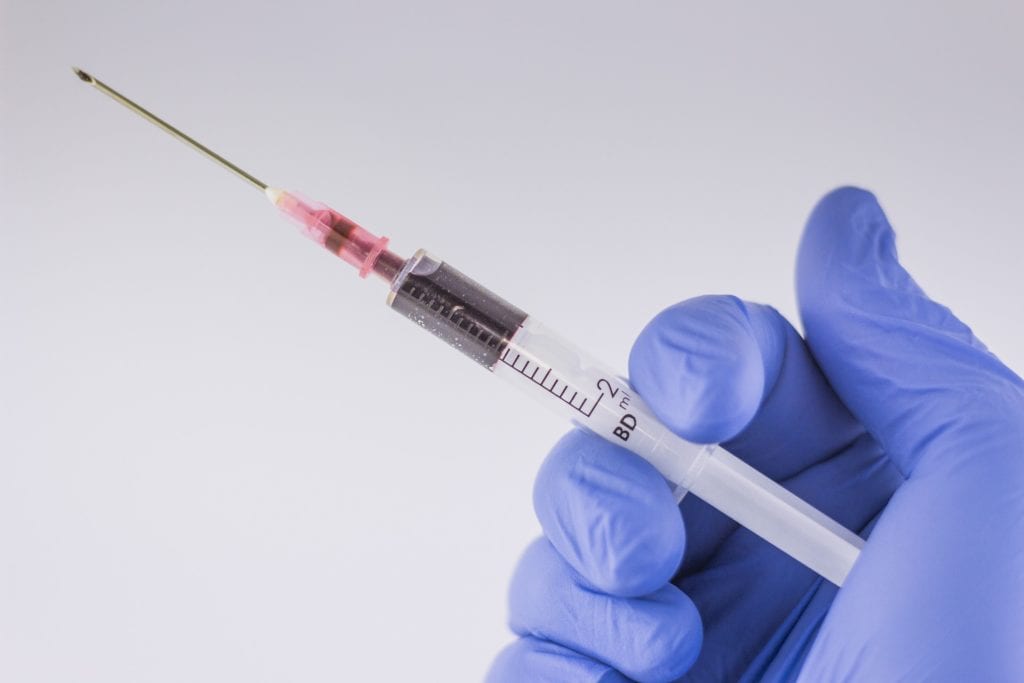
Polycystic Ovary Syndrome (PCOS) is a hormonal disorder in women of reproductive age. It is estimated that somewhere between 6 to 12% of US women and girls of reproductive age are living with it. This article is aimed to provide some useful information related to PCOS, its causes, symptoms, and treatment.

Diabetes mellitus (commonly called Diabetes) is a common metabolic disease. People become diabetic when the glucose (sugar) level in their blood increases. In the condition of diabetes, your body either doesn’t produce enough insulin (insulin deficient) or can’t effectively utilize the insulin made in the pancreas (insulin resistant). Our latest blog post is dedicated to discussing diabetes and its types; the health issues associated with it and various tests available to diagnose the same.

Some amount of cholesterol is needed to keep the cells and organs healthy. But high levels of LDL or bad cholesterol in the body cause the accumulation of fats in the blood vessels. This plaque may lead to heart attack, stroke, or other health issues. The article discusses few natural ways one may utilize to lower down their cholesterol levels.

Cholesterol is a waxy, fat-like substance found in the blood and every cell of the body. Total cholesterol has three main constituents: low-density lipoprotein (LDL), or “bad” cholesterol, high-density lipoprotein (HDL), or “good” cholesterol, and triglycerides (a certain type of fat). There are many unhealthy lifestyle choices that can cause high levels of LDL (low-density lipoprotein) or bad” cholesterol in the body. This article discusses those unhealthy lifestyle choices that one must avoid to keep their cholesterol levels under control.

Having blood drawn or providing a urine or stool sample may not be a pleasant experience for many of us. Chances are high that you may feel your heart racing, knots in your stomach, or palms sweating. This is normal as many of us suffer from types of phobias like hemophobia (fear of blood) or trypanophobia (fear of needles). Regardless if you experience any of these issues while going for a test, it is one of those necessary evils as they are an important part of the standard and preventive health care, which can provide important information to your healthcare practitioner about how your body is working. Here are some general tips on how to cope with pain, discomfort, and anxiety during the sample collection and make the experience less stressful.

There are many tests that need urine as a sample for testing and further result interpretation. In general, there are five standard urine tests that can be utilized to analyze the different components of urine. Out of those five tests, two of them can also be done at home, whereas the other three can only be conducted in a laboratory.

Testing your blood and urine can let your doctor see how your body is working. This blog post explains why blood and urine tests are performed, their types, and the procedure for sample collection.

There are two types of healthcare we may receive, namely ‘Preventive’ and ‘Diagnostic’. In general, both are ways to help you stay healthy as much as possible. Knowing the difference between these two healthcare matters and it is always advisable to have a clear picture of them.

For most people, having blood taken is an easy and relatively painless job; for some, it may be an unpleasant experience and make their vision swim. Regardless of whether having your blood drawn is no big issue or a major problem for you, our latest blog post discusses some quick tips and tricks that might help you to stay calm during a blood test.

Probably at some point in your life, you may experience the blood draw for either a medical test or for donating blood. For most people, having blood taken is an easy and relatively painless job; for some, it may be an unpleasant experience. For ensuring a comfortable and easy blood draw, one must do some preparation and follow a few simple strategies. This blog post discusses the simple strategies to be followed before a blood draw, during a blood test and post blood draw for an easy and relatively painless experience.